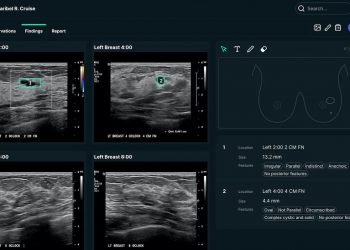The FDA on Thursday released draft guidance for its Breakthrough Devices Program aimed at reducing health disparities.
The draft proposes updates that would clarify how the program would apply to medical devices that could benefit groups affected by health inequities, including disparities based on race, sex, ethnicity and access to care. The agency will also assess if the developers have considered how pathology, response to treatment and clinical features can vary depending on these factors.
Additionally, the draft notes people with rare diseases or disorders also face health disparities, as they may have fewer diagnostic or treatment options. It also includes a section that proposes non-addictive medical products that treat pain or substance use disorders may be eligible for the program.
Lastly, the draft adds a section to the designation review process noting the FDA will not disclose the existence of requests for Breakthrough Device Designation or its decision unless the device obtains marketing authorization or if the company publicly discloses the request for designation.
“The FDA is committed to advancing the development of safe and effective technologies to meet the needs of all patients and consumers. This draft guidance, once finalized, can help FDA and our stakeholders leverage the interactive nature of the Breakthrough Devices Program to move us closer to achieving our new Strategic Priority to Advance Health Equity, where technologies, including digital health technologies, can help advance better health care, quality of life and wellness for all communities, and meet the needs of diverse populations,” Dr. Jeff Shuren, director of the FDA’s Center for Devices and Radiological Health, said in a statement.
The Breakthrough Devices Program is not a marketing authorization but a program aiming to identify and provide patients and healthcare professionals with timely access to devices that can provide more effective treatment or diagnosis of irreversibly debilitating or life-threatening conditions.
Interested parties can submit comments on the draft by Dec. 20.
Source by www.mobihealthnews.com











